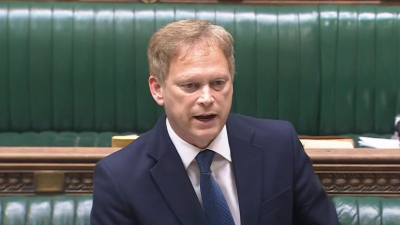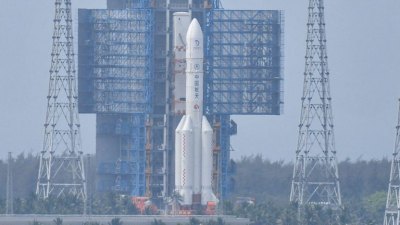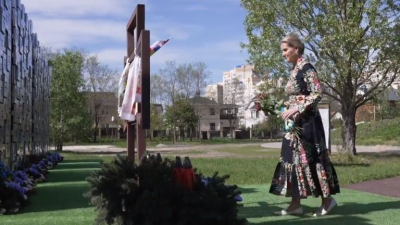Dr. Bina Agarwal is an esteemed economist and scholar recognized for her groundbreaking work in the fields of development economics, gender inequality, and environmental studies. Born in India, she has made significant contributions to academic research and policy formulation globally.
Bina Agarwal
Agarwal completed her undergraduate studies in economics at the University of Cambridge, where she was awarded the prestigious Wrangler Prize. She later pursued her doctoral studies at the University of Oxford, where she focused on the economics of agriculture. Her early academic journey laid the foundation for her lifelong commitment to addressing issues of social justice and inequality.
Throughout her illustrious career, Agarwal has explored the intricate relationship between gender dynamics and economic development. Her research has shed light on the disproportionate impact of social norms and institutional biases on women's access to resources and decision-making power within households. Her seminal work, "A Field of One's Own: Gender and Land Rights in South Asia," is widely regarded as a seminal contribution to the field of feminist economics.
Agarwal's interdisciplinary approach has garnered international acclaim, leading to collaborations with leading academic institutions, policy think tanks, and grassroots organizations. She has served as a Professor of Development Economics and Environment at the University of Manchester and has held numerous advisory roles with organizations such as the United Nations and the World Bank.
In addition to her scholarly pursuits, Agarwal is a passionate advocate for policy reforms aimed at promoting gender equality and sustainable development. Her advocacy has influenced policy debates and initiatives worldwide, contributing to the mainstreaming of gender-sensitive approaches in development planning and resource management.
Recognizing her outstanding contributions to the field of economics and her tireless efforts to promote social justice, Agarwal has been honored with numerous awards and accolades, including the Volvo Environment Prize and the Leontief Prize for Advancing the Frontiers of Economic Thought.
In a world grappling with pressing challenges of inequality and environmental degradation, Bina Agarwal's work serves as a beacon of hope, inspiring generations of scholars, policymakers, and activists to strive for a more equitable and sustainable future. Through her scholarship and advocacy, she continues to shape the discourse on gender, development, and the environment, leaving an indelible mark on the global landscape of economics and social justice.
In conclusion, Bina Agarwal stands as a pioneering figure in the fields of development economics, gender inequality, and environmental studies. Her groundbreaking research, spanning decades, has highlighted the intricate connections between gender dynamics, resource access, and sustainable development. Through her academic contributions and advocacy efforts, Agarwal has significantly influenced policy debates and initiatives worldwide, advocating for gender-sensitive approaches to development planning and resource management. Her tireless commitment to social justice and sustainability has earned her international recognition and numerous prestigious awards. As a scholar, advocate, and influencer, Bina Agarwal continues to inspire positive change and shape the discourse on gender equality, development, and environmental stewardship.
Bina Agarwal's work and contributions have been referenced in various books, academic papers, documentaries, and online platforms. Some notable mentions include academic journals such as "Feminist Economics" and "World Development," where her research has been cited extensively. Additionally, her books, including "A Field of One's Own: Gender and Land Rights in South Asia," have been influential in shaping discourse on gender inequality and development economics. Agarwal's insights have also been featured in documentaries and educational videos discussing topics related to gender, agriculture, and sustainable development. Moreover, her lectures and interviews are often accessible through online platforms like YouTube and academic websites, contributing to the dissemination of her ideas and scholarship to a broader audience.






